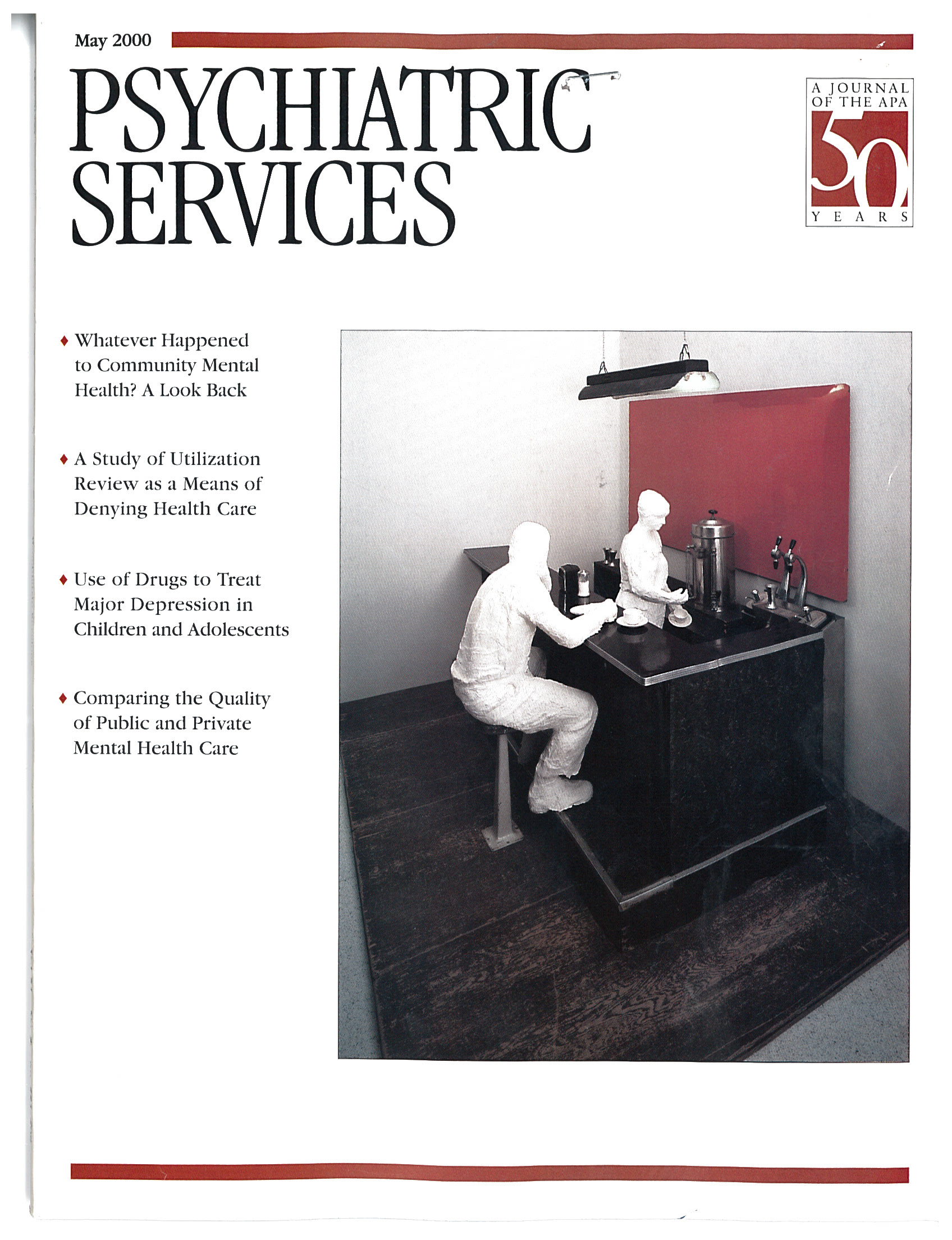The current idealization of "evidence-based medicine" has led to a series of publications presenting efficacy studies of psychotherapy (
1,
2,
3). Each has its own strengths and weaknesses. This book collects and augments papers from a 1996 meeting of the American Psychopathological Association. Leading researchers in the major fields of psychotherapy critically assess the evidence for efficacy in their modality of treatment.
Roth and Fonagy (
1), in their 1996 book, reviewed the efficacy literature in a uniform format, closing each diagnosis-based chapter with a systematic analysis. By contrast, in
Psychotherapy Indications and Outcomes, each contributor takes a personal approach to the research problems of the field at hand. The contributors' honest and cautious analyses of their own research is refreshing. Inevitably, the number of authors and wide range of approaches lead to unevenness in style, focus, and content, but all chapters are valuable. Some chapters require wading through detailed analyses of methods and data; others are more general and reflective. A rather light typeface makes the reader's work a bit harder.
Despite its title, the book is focused more on outcomes than on indications. In an evidence-focused environment, randomized and controlled studies of manual-based treatments such as cognitive-behavioral therapy and interpersonal psychotherapy for specific DSM diagnoses clearly have an advantage, but this book also reveals their weaknesses. Psychodynamic psychotherapy, which is generally viewed as addressing broader, multidimensional psychopathology, is indirectly supported by the meta-analysis conducted by Lester Luborsky and associates, which shows equivalent results in studies comparing psychotherapies. Sidney Blatt's reanalysis of data from the depression collaborative research project sponsored by the National Institute of Mental Health and the Menninger psychotherapy research project demonstrates the importance of personality variables affecting responsiveness to short-term psychotherapy. Dialectical behavior therapy, group therapy with the medically ill, and family therapy also receive attention.
Moving beyond the efficacy of psychotherapy for specific diagnoses, some chapters address the relative lack of specificity of our treatments, and they suggest issues involved in tailoring psychotherapy to each individual's personality and life situation. Much attention is paid to the challenges and limitations of research methodology, culminating in Donald Klein's exhaustive outline of criteria for evaluating the quality of any study of treatment efficacy, whether of psychotherapy or medication.
While I am in sympathy with Steven Sharfstein's stated biases in his closing chapter on psychotherapy in the era of managed care, I feel he too readily accepts the premises that the insurance industry uses to rationalize its discrimination against psychotherapy. He advocates a utopian view of enlightened managed care that would provide psychotherapy to all whom the managers think really need it (presumably except those who would self-pay to preserve confidentiality). This transformation is hard to imagine given that the degradation of psychiatric psychotherapy by for-profit managed mental health carve-outs has become so starkly evident.

